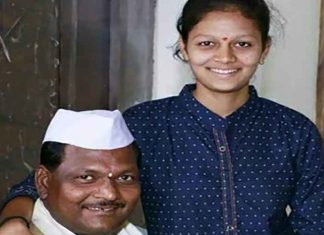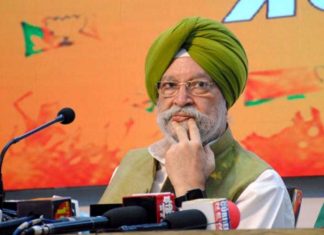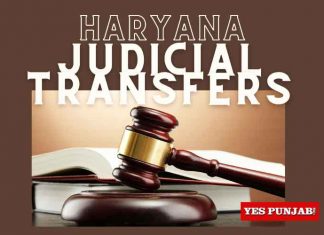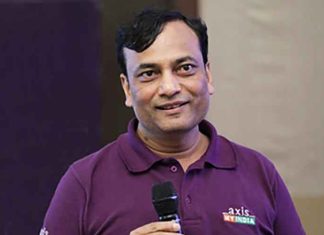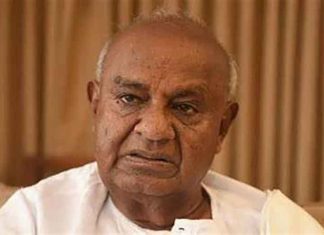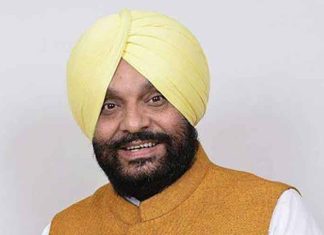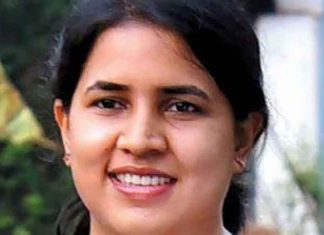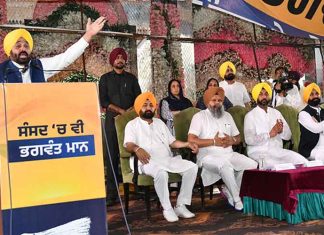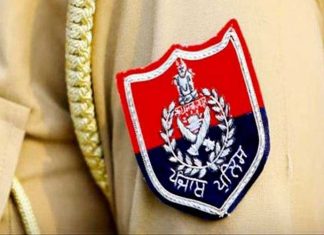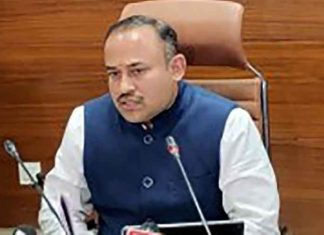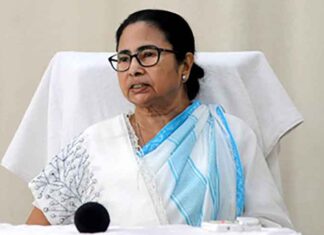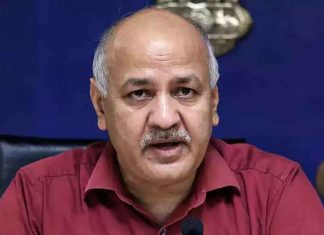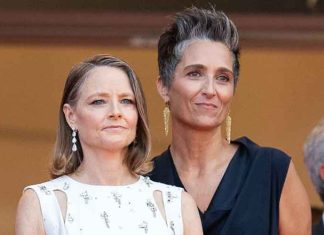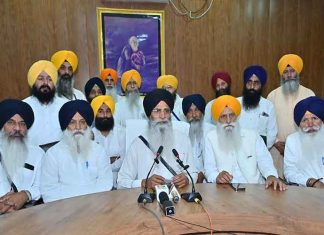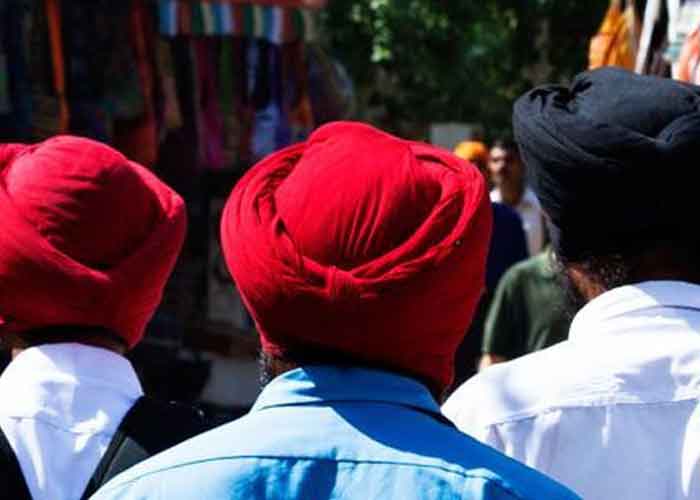New Delhi, Feb 25, 2021-
In 1998, a father and his two sons were accused of a murder in Madhya Pradesh. Twenty threee years later, the Supreme Court on Thursday set aside the life imprisonment of one of the two sons, noting he was a juvenile when the offence was committed, and sent his case to the Juvenile Justice Board to determine the quantum of fine.
A bench comprising Justices U.U. Lalit, Indira Banerjee and K.M. Joseph noted that the incident occurred in July, 1998 when the Juvenile Justice Act, 1986 (‘the 1986 Act’, for short) was in force. The age of juvenility for a male juvenile under the 1986 Act was 16 years. “one of the accused, was 16 years 11 months as on the date when the offence was committed, he was certainly not a juvenile within the meaning of 1986 Act. However, the age of juvenility was raised to 18 years in terms of the provisions of the Juvenile Justice (Care and Protection of Children) Act, 2000 (‘the 2000 Act’, for short)”, observed the top court.
Devilal and his two sons – Gokul and Amrit Ram – attacked Ganeshram, who later succumbed to injuries, following an alleged caste-based altercation.
In 1999, the trial court convicted the accused under IPC 302, however, the court did not hold them guilty under SC/ST Act. The court sentenced the father and sons to life imprisonment. The Madhya Pradesh High Court affirmed the conviction and sentence on September 14, 2006. The accused moved the top court challenging this order.
In 2009, Devilal and Gokul were released on bail, after undergoing imprisonment for nine years and four months. An application was in 2017 stating Ram was a juvenile. In 2018, the top court directed the sessions court to conduct an inquiry into the issue of juvenility and submit its report. In the inquiry, it was found that Ram was 16 years 11 months and 26 days on the date of offence.
The top court noted that when an offender was more than 16 years (and therefore was not a juvenile within the meaning of the 1986 Act) but was less than 18 years, the question as to what extent benefit can be given in terms of the provisions of the 2000 Act. “It is thus clear that, even if it is held that Amrat Ram was guilty of the offence with which he was charged, the matter must be remitted to the jurisdictional Juvenile Justice Board for determining appropriate quantum of fine that should be levied on Amrat Ram”, observed the top court.
The top court dismissed appeals filed by Devilal and Gokul and directed them to surrender to undergo the sentence imposed on them. In the matter of Amrat Ram, the top court said: “However, even while holding the appellant Amrat Ram to be juvenile in terms of the 2000 Act and guilty of the offence with which he was charged, we set aside the sentence of life imprisonment imposed upon him and remit the matter to the jurisdictional Juvenile Justice Board for determining appropriate quantum of fine that should be levied in keeping with the directions issued by this Court in Jitendra Singh vs. State of U.P.” (Agency)





